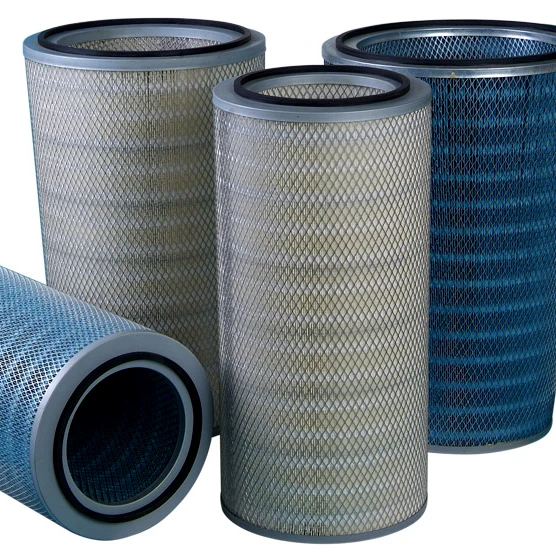 Tel:
+8615930870079
Tel:
+8615930870079
ธ.ค. . 21, 2024 18:15 Back to list
High-Performance Stainless Steel Filter Elements for Industrial Applications
The Advantages of Stainless Steel Filter Elements
In various industrial applications, filtration systems are crucial for maintaining product quality and ensuring operational efficiency. One of the standout options for these systems is stainless steel filter elements. Unlike other materials, stainless steel combines durability, corrosion resistance, and superior filtration performance, making it a preferred choice across multiple sectors, including food and beverage, pharmaceuticals, petrochemicals, and water treatment.
Durability and Longevity
One of the primary benefits of stainless steel filter elements is their impressive durability. Stainless steel is inherently resistant to rust and corrosion, which makes it suitable for both high-temperature and harsh chemical environments. In comparison to traditional filters made from paper or cloth, stainless steel filters can withstand mechanical stress and last significantly longer, often leading to lower replacement costs over time. This longevity is particularly advantageous in continuous manufacturing processes, where unplanned downtime due to filter failure can result in significant financial loss.
Efficient Filtration Performance
Stainless steel filter elements are designed to provide superior filtration efficiency. They can be manufactured in various pore sizes to cater to specific filtration needs, from coarse particulates to fine filtration applications. The precision of these filters ensures that unwanted particles are effectively removed from liquids and gases, thus maintaining the purity of the end product. Additionally, stainless steel filters can often be cleaned and reused, offering a sustainable filtration solution that can be easily integrated into existing systems.
High-Temperature and Chemical Resistance
stainless steel filter element

In industries that operate under extreme conditions, the ability of filter elements to withstand high temperatures and aggressive chemicals is critical. Stainless steel is able to maintain structural integrity and performance at elevated temperatures, unlike plastic filters that may deform or degrade. This characteristic is particularly important in applications such as oil and gas processing, where filtration systems encounter harsh environments. The ability to endure aggressive chemicals without deteriorating makes stainless steel filter elements ideal for the petrochemical and pharmaceutical industries.
Easy Maintenance and Hygiene
Another advantage of stainless steel filter elements is their ease of maintenance. Many stainless steel filters are designed to be cleaned easily, ensuring that they can be reused multiple times without a significant loss in filtration performance. In sectors where hygiene is paramount, such as the food and beverage industry, stainless steel’s non-porous surface and easy-to-clean properties help prevent bacterial growth and ensure compliance with food safety regulations.
Eco-Friendly Solution
With growing environmental concerns, the choice of materials used in industrial applications has garnered attention. Stainless steel is a recyclable material, and the extended lifespan of stainless steel filter elements means less waste is generated compared to disposable alternatives. By investing in durable and reusable filtration solutions, companies can significantly reduce their environmental footprint.
Conclusion
Stainless steel filter elements stand out as a top choice for countless industrial applications due to their unique benefits. The combination of durability, efficient filtration performance, resistance to high temperatures and chemicals, ease of maintenance, and eco-friendliness makes them an ideal option for businesses aiming to enhance operational efficiency and product quality. As industries continue to evolve, the adoption of stainless steel filter elements is likely to increase, driving innovation and sustainability in filtration technologies. Whether it’s in a manufacturing plant or a wastewater treatment facility, the advantages of stainless steel filters are clear, positioning them as a cornerstone of modern filtration solutions.
-
Types and Applications of Air Filtration CartridgesNewsJul.28,2025
-
The Role of Gas Turbine FiltersNewsJul.28,2025
-
Mastering Air Filter Cartridge UseNewsJul.28,2025
-
Advanced Turbine Filters for Modern Gas TurbinesNewsJul.28,2025
-
Cellulose Air Filter Cartridge Advantages in Dust FiltrationNewsJul.28,2025
-
Cellulose Filters for Air Particle ReductionNewsJul.28,2025

 Email:
Email:





